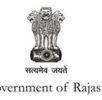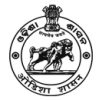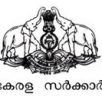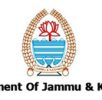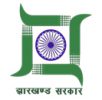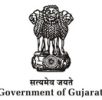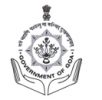 Description:
Description:
The aim of the AMRUT mission is to provide basic services (e.g. water supply, sewerage, urban transport) to households and build amenities in cities which will improve the quality of life for all, especially the poor and the disadvantaged. The thrust areas of the mission are water supply, sewerage and septage, storm water drainage, non-motorised transport and public transport, and green spaces and parks.
The AMRUT individual capacity building programme happens in three stages – Orientation, Custom Capsule 1 and Custom Capsule 2.
The capacity building programme starts with an Orientation course on the Mission. In this course, participants are introduced to the mission, its aims and objectives, its focus sectors and key concepts such as service level benchmarks for each sector. The three-day course focuses on discussing the challenges faced by urban India in the context of the Mission, and understanding the mission guidelines and toolkit. The modules also introduce participants to potential projects and possibilities under the mission, and contextualise urban transformation through established practices from India and across the world.
Facilitators of the programme discuss the current status of each sector in relevant states under the mission, and analyse state-specific policies, where available. Participants are familiarised with existing challenges of urban India especially with respect to the provision of basic services, infrastructure and civic amenities.
The orientation course was developed based on the outline shared by the National Institute of Urban Affairs (NIUA).
The Training Needs Assessment, carried out at the end of the Orientation course, forms the basis for the design of the Custom Capsule courses. Custom Capsule 1 is typically a sector-specific deep-dive and includes site visits to projects that serve as examples to attain the service level benchmarks proposed under the mission. Custom Capsule 2 of the capacity building programme includes an overview of processes such as the preparation of a detailed project report, procurement, contracting, and project monitoring.
The pedagogical methods adopted in this programme include thematic lectures, a mix of international and domestic case studies, guest presentations/lectures, audio-visual material, site visits, participant discussion sessions, group exercises, role-playing and peer-evaluation.
List of the capacity building programmes undertaken:
2017-18 2016-17 2015-16
| State | Stream | Courses | Participants |
| Goa | Engineering and Public Health | 1 | 29 |
| Gujarat | Engineering and Public Health | 3 | 52 |
| Jammu and Kashmir | Engineering and Public Health | 3 | 75 |
| Jharkhand | Engineering and Public Health | 5 | 95 |
| Town Planning | 6 | 147 |
| Karnataka | Engineering and Public Health | 4 | 138 |
| Town Planning | 5 | 244 |
| Kerala | Engineering and Public Health | 3 | 67 |
| Town Planning | 8 | 150 |
| Odisha | Engineering and Public Health | 1 | 20 |
| Rajasthan | Engineering and Public Health | 8 | 190 |
| Tamil Nadu | Town Planning | 3 | 73 |
| State | Stream | Courses | Participants |
| Jharkhand | Engineering and Public Health | 3 | 101 |
| Town Planning | 4 | 117 |
| Elected Representatives | 1 | 12 |
| Kerala | Engineering and Public Health | 6 | 219 |
| Town Planning | 11 | 376 |
| Odisha | Engineering and Public Health | 2 | 36 |
| Rajasthan | Engineering and Public Health | 20 | 498 |
| Tamil Nadu | Town Planning | 6 | 141 |
| State | Stream | Courses | Participants |
| Odisha | Engineering and Public Health | 1 | 38 |
 IIHS has been empanelled as a capacity building partner by the Ministry of Housing and Urban Poverty Alleviation across all Urban Missions. The missions include the Atal Mission for Rejuvenation and Urban Transformation (AMRUT), Swachh Bharat Mission (Urban), Smart Cities Mission, and Heritage City Development and Augmentation Yojana (HRIDAY).
IIHS has been empanelled as a capacity building partner by the Ministry of Housing and Urban Poverty Alleviation across all Urban Missions. The missions include the Atal Mission for Rejuvenation and Urban Transformation (AMRUT), Swachh Bharat Mission (Urban), Smart Cities Mission, and Heritage City Development and Augmentation Yojana (HRIDAY).



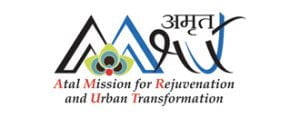 Description:
Description: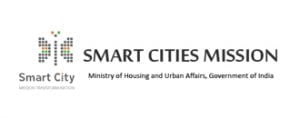 The MoHUA has empanelled IIHS as a capacity building partner for the Smart Cities Mission. Capacity building under this mission has begun under the Integrated Capacity Building Programme of the AMRUT mission.
The MoHUA has empanelled IIHS as a capacity building partner for the Smart Cities Mission. Capacity building under this mission has begun under the Integrated Capacity Building Programme of the AMRUT mission.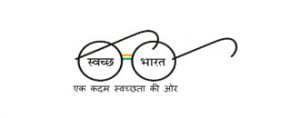 The MoHUA has empanelled IIHS as a capacity building partner for the Swachh Bharat Mission (Urban). Capacity building under this mission has begun under the Integrated Capacity Building Programme of the AMRUT mission.
The MoHUA has empanelled IIHS as a capacity building partner for the Swachh Bharat Mission (Urban). Capacity building under this mission has begun under the Integrated Capacity Building Programme of the AMRUT mission.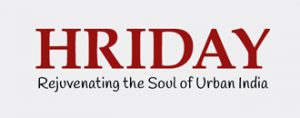 The MoHUA has empanelled IIHS as a capacity building partner for HRIDAY. Capacity building under this mission has begun under the Integrated Capacity Building Programme of the AMRUT mission.
The MoHUA has empanelled IIHS as a capacity building partner for HRIDAY. Capacity building under this mission has begun under the Integrated Capacity Building Programme of the AMRUT mission.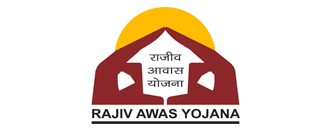 Description:
Description: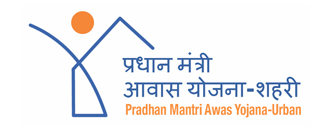 Description:
Description: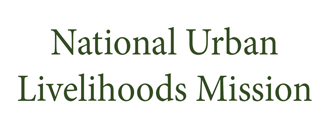 Description:
Description:


